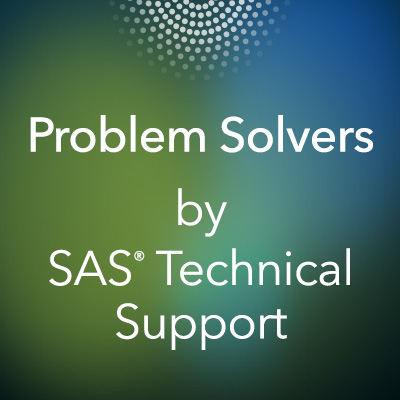Big DataAnalytics & Data Mining Science Training @ Epoch Research Institute IndiaLargest SAS Training :
EpochResearch Institute India Pvt Ltd. (SASAuthorised Training : Ahmedabad | Bangalore)
EpochResearch Institute India Pvt Ltd. (SASAuthorised Training : Ahmedabad | Bangalore)
 |
| SAS Training On Visual Analytics. Epoch Research |
For years SAS customers have evolved their analytics methods from a reactive view into a proactive approach using predictive and prescriptive analytics. Both reactive and proactive approaches are used by organizations, but let's look closely at what is best for your organization and task at hand.
Reactive vs. proactive approaches
There are four approaches to analytics, and each falls within the reactive or proactive category:- Reactive – business intelligence. In the reactive category, business intelligence (BI) provides standard business reports, ad hoc reports, OLAP and even alerts and notifications based on analytics. This ad hoc analysis looks at the static past, which has its purpose in a limited number of situations.
- Reactive – big data BI. When reporting pulls from huge data sets, we can say this is performing big data BI. But decisions based on these two methods are still reactionary.
- Proactive – big analytics. Making forward-looking, proactive decisions requires proactive big analytics like optimization, predictive modeling, text mining, forecasting and statistical analysis. They allow you to identify trends, spot weaknesses or determine conditions for making decisions about the future. But although it's proactive, big analytics cannot be performed on big data because traditional storage environments and processing times cannot keep up.
- Proactive – big data analytics. By using big data analytics you can extract only the relevant information from terabytes, petabytes and exabytes, and analyze it to transform your business decisions for the future. Becoming proactive with big data analytics isn't a one-time endeavor; it is more of a culture change – a new way of gaining ground by freeing your analysts and decision makers to meet the future with sound knowledge and insight.
Source : http://blogs.sas.com/content/sastraining
Epoch Research Insitute Links:
Email us: info@epoch.co.in
SAS Training & Placement Programs with Internship: Epoch Research Institute India Largest and Oldest #SASTraining Institute (#epochsastraining)
EPOCH RESEARCH INSTITUTE OFFERS:
Authorized SAS TRAINING | SAS CERTIFICATION | SOFTWARE PURCHASE | BUINESS CONSULTING | TECHNICAL SUPPORT ON SAS || SAS STAFFING SOLUTION
Label:
#SASELEARNING,#SASELEARNING,#SASONLINETRAINING,
#SASONLINETRAININGFORBEGINNERS,#LEARNSASPROGRAMMINGONLINE,
#SASCLINICALONLINETRAINING,#SASBASEONLINETRAINING
#BIGDATASASTRAININGEPOCH,#SASBIGDATATRAINING #EPOCHRESEARCHINSTITUTE, #SASTRAINING, #EPOCH SAS FEEDBACK,
#CLINICALSASPROGRAMMING, #EPOCHCLINICALSASPROGRAMMING.
#CLINICALSASPROGRAMMING, #EPOCHCLINICALSASPROGRAMMING.

No comments:
Post a Comment